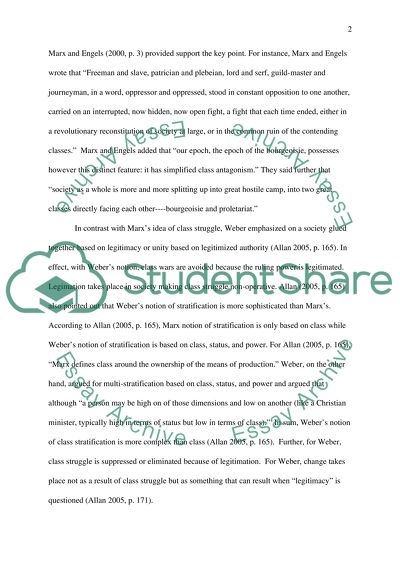Cite this document
(“Critical Review of The Communist Manifesto Essay”, n.d.)
Retrieved from https://studentshare.org/sociology/1429964-critically-review-k-marx-the-communist-manifesto
Retrieved from https://studentshare.org/sociology/1429964-critically-review-k-marx-the-communist-manifesto
(Critical Review of The Communist Manifesto Essay)
https://studentshare.org/sociology/1429964-critically-review-k-marx-the-communist-manifesto.
https://studentshare.org/sociology/1429964-critically-review-k-marx-the-communist-manifesto.
“Critical Review of The Communist Manifesto Essay”, n.d. https://studentshare.org/sociology/1429964-critically-review-k-marx-the-communist-manifesto.


